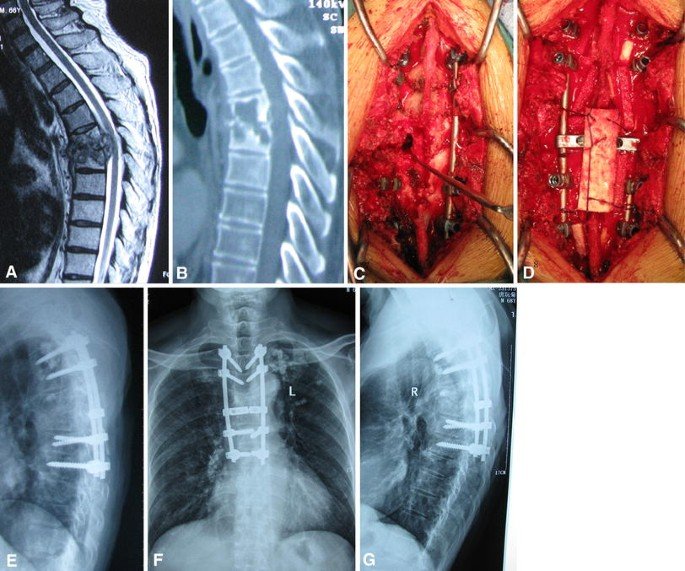Lajpat Nagar Metro Station, Block M, New Delhi, 110024
|096506 82102

Lajpat Nagar Metro Station, Block M, New Delhi, 110024
|096506 82102

Our primary treatment modalities include pain medication and physiotherapy following the diagnosis of your condition. Our spine specialists may recommend additional treatments if these initial approaches fail to deliver the desired outcomes. Early intervention is recommended for the following symptoms:
Before undergoing tuberculosis spine surgery, it's important to take certain pre-operative measures to ensure safety and success:
During tuberculosis spine surgery, you can expect the following:
After tuberculosis spine surgery, follow these guidelines for post-surgical care: